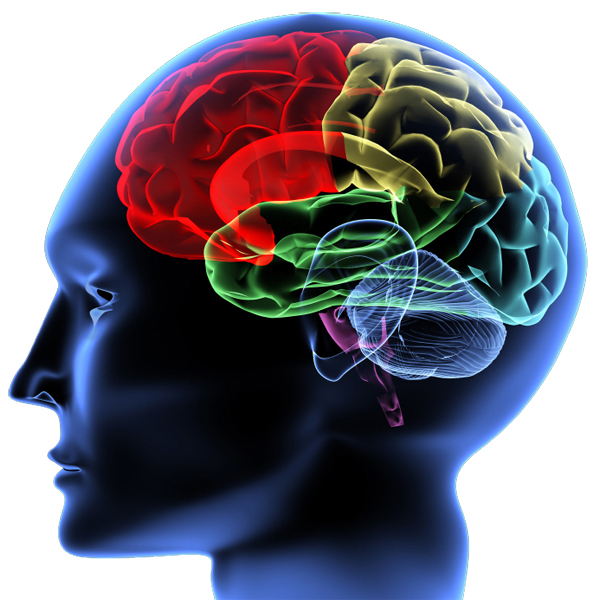Dynamic Postural Stabilisation and Balance Rehabilitation for Injury and Fall Prevention
1-day Online Seminar (7.5 hours of CPD)
Movement necessitates postural stabilisation. Whether a person is simply walking, working on a computer, performing household activities or participating in high-level sports, appropriate stabilisation of the moving joints and the body as a whole is required to prevent falls, injuries and loss of strength for the movement in question. This seminar will discuss dynamic postural stabilisation in detail and show you how to assess and rehabilitate it.
Furthermore, we will explore the neurological principles of motor control and motor learning, in order to help you facilitate the development or restoration of effective, reliable and adaptable motor programmes in both your athlete and musculoskeletal rehab patients.
Lastly, we will look at proprioceptive rehabilitation. After briefly revising the neurophysiological basis of proprioception, we will discuss the principles for successful proprioceptive rehabilitation after sports injury. In the context of rehabilitative exercises involving postural, stability and sport-specific rapid motor adaption training, the importance of restoring efficient central nervous system processing of proprioceptive information will be explained. Post-injury gamma gain deficits will be discussed and why these are better rehabilitated with muscle strength building exercises that involve complex rather than simple motor programmes.

The seminar will be interactive, and participants will be able to and encouraged to ask questions throughout.
A comprehensive set of course notes will be emailed to you in advance of the seminar.
Video demonstrations of examination techniques and rehabilitation exercises will help you to learn the practical skills.
These videos will demonstrate normal and abnormal findings, and will be made available to you after the seminar.
Course Content:
- Dynamic postural stabilisation:
- Sensory requirements for effective movement.
- Motor requirements for effective movement.
- The relationship between postural stabilisation and musculoskeletal injury.
- How to rehabilitate and enhance sensory and motor function, as well as central sensorimotor integration and processing.
- Common sensory, motor and processing deficits found in the elderly.
- Age- and ability-appropriate rehabilitation and fall-prevention strategies.
- Special considerations for rehabilitation and enhancement of dynamic postural stabilisation in the athlete.
- Optimising motor control and motor learning: building motor automaticity:
- Cerebellar vs. cortical control of movement
- Proprioceptive vs. visual sensory reliance
- Implicit vs. explicit motor learning
- The importance of proximal stabilisation, motor timing and eccentric control.
- Proprioceptive rehabilitation in sports injuries
Date: Sunday 9th July 2023
Time: 9:00am – 5:30pm (GMT) / 10:00am – 6:30pm (CET)
Online platform: Zoom
Registration fee: £135 (GBP) / €155 (EUR)
Please contact nicole@neuroseminars.co.uk if you require any further information.
Seminar Instructor:
Nicole Oliver, DC, MChiro, BSc(Hons), PgDip(MSK Neuroscience)
Nicole graduated from the Anglo-European College of Chiropractic (AECC) in 2005 and began studying functional neurology in 2006. She gained the Diplomate of the American Chiropractic Neurology Board (DACNB) qualification four years later. Alongside clinical practice she lectures for Neuroseminars, teaching functional neurology to chiropractors, osteopaths, physiotherapists and other health care professionals in the UK and Europe. Nicole has presented at several conferences and conventions, including the 2014 & 2016 European Chiropractors Union (ECU) Conventions, the 2019 World Federation of Chiropractic (WFC) Congress, and at the annual or biannual conferences/ meetings of the Swiss, German, Norwegian, Belgian, Finnish, Swedish, Irish and Scottish national associations.